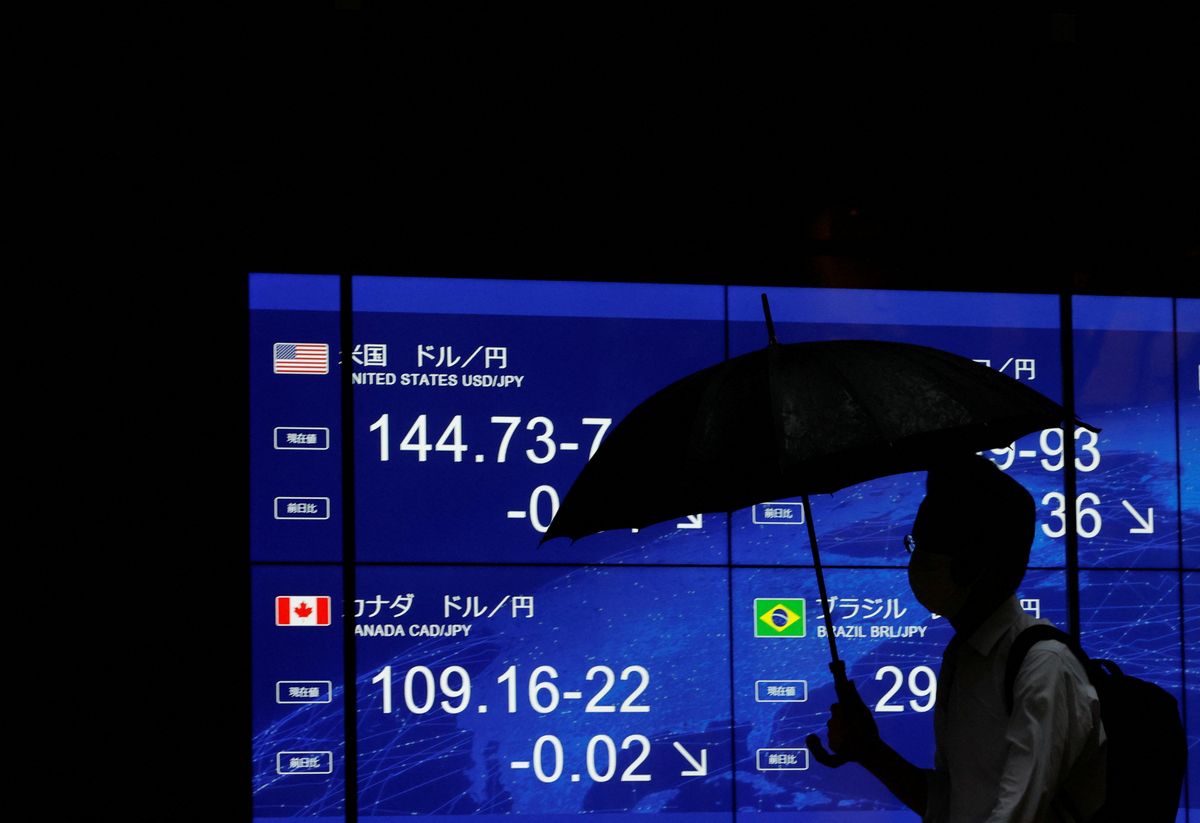Forex manipulation opt-out class action lawsuit is given the green light in London
Forex, short for foreign exchange trading, is when people trade different currencies to profit from their changing values.

A few minutes every morning is all you need.
Stay up to date on the world's Headlines and Human Stories. It's fun, it's factual, it's fluff-free.
The backstory: Forex, short for foreign exchange trading, is when people trade different currencies to profit from their changing values. But back in 2013, a scandal in the forex market came to light. Some traders were caught manipulating the exchange rates in order to pocket money for themselves. They did this by sharing insider information about client orders, usually in secretive chat rooms. This helped them make trades strategically to manipulate the rates so that they would benefit their own personal forex positions. The losers in this arrangement were their clients, who ended up making less money on their trades than if the rates hadn’t been messed with. Regulators in the US, UK and Switzerland launched investigations into this practice, and billions in fines were slapped on several major financial institutions globally because of what their employees were doing.
In 2019, EU antitrust regulators took action against more banks. Barclays, Citigroup, JPMorgan, MUFG and Royal Bank of Scotland were fined €1.07 billion (US$1.2 billion) for rigging the market. The Swiss regulator also added another 90 million Swiss francs (around US$90.5 million at the time) in fines.
More recently: In 2021, Michael O'Higgins, the former chairman of The Pensions Regulator in the UK, and Phillip Evans, a former inquiry chair at the Competition Markets Authority, proposed a class action case against these big banks representing pension funds and asset managers who saw losses because of this forex manipulation. The idea was to allow potential claimants to be automatically included unless they opted out, similar to how the US runs opt-out class action suits.
But there was a roadblock last year. The London Competition Appeal Tribunal (CAT) ruled that claimants had to join in explicitly and the case couldn’t proceed as an opt-out styled lawsuit.
The development: Judges at London’s Court of Appeal have now given the green light to move ahead with this class action suit against big banks like JPMorgan Chase, Barclays and Citigroup. The potential payout from this case could reach around £2.7 billion (US$3.5 billion), according to estimates from the Hausfeld lawyers leading the case.
The court said the case could proceed on an opt-out basis, meaning it represents potentially thousands of people impacted by the alleged collusion and market rigging without requiring explicit permission from each one to be part of the case.
Key comments:
“This ruling acknowledges the practical difficulties of opt-in legal proceedings and confirms the access to justice principle which underpins the collective action regime,” said Phillip Evans, the representative of the group. “The opt-out approach is crucial to ensure that claims may be pursued on behalf of all affected individuals and businesses.”
"This decision is extremely disappointing because this claim is exactly the sort of claim that opt-out proceedings were introduced to facilitate in order to provide access to justice to all entities affected by the illegal behavior of cartelists," said Michael O'Higgins, the former chairman of British watchdog The Pensions Regulator last year when the London court blocked the forex class action.
“Companies and people depend on banks to exchange money to carry out transactions in foreign countries. Foreign exchange spot trading activities are one of the largest markets in the world, worth billions of euros every day,” said EU Commissioner Margrethe Vestager in a press release in 2019 when Barclays, RBS and other banks faced fines for forex rigging.




Comments ()